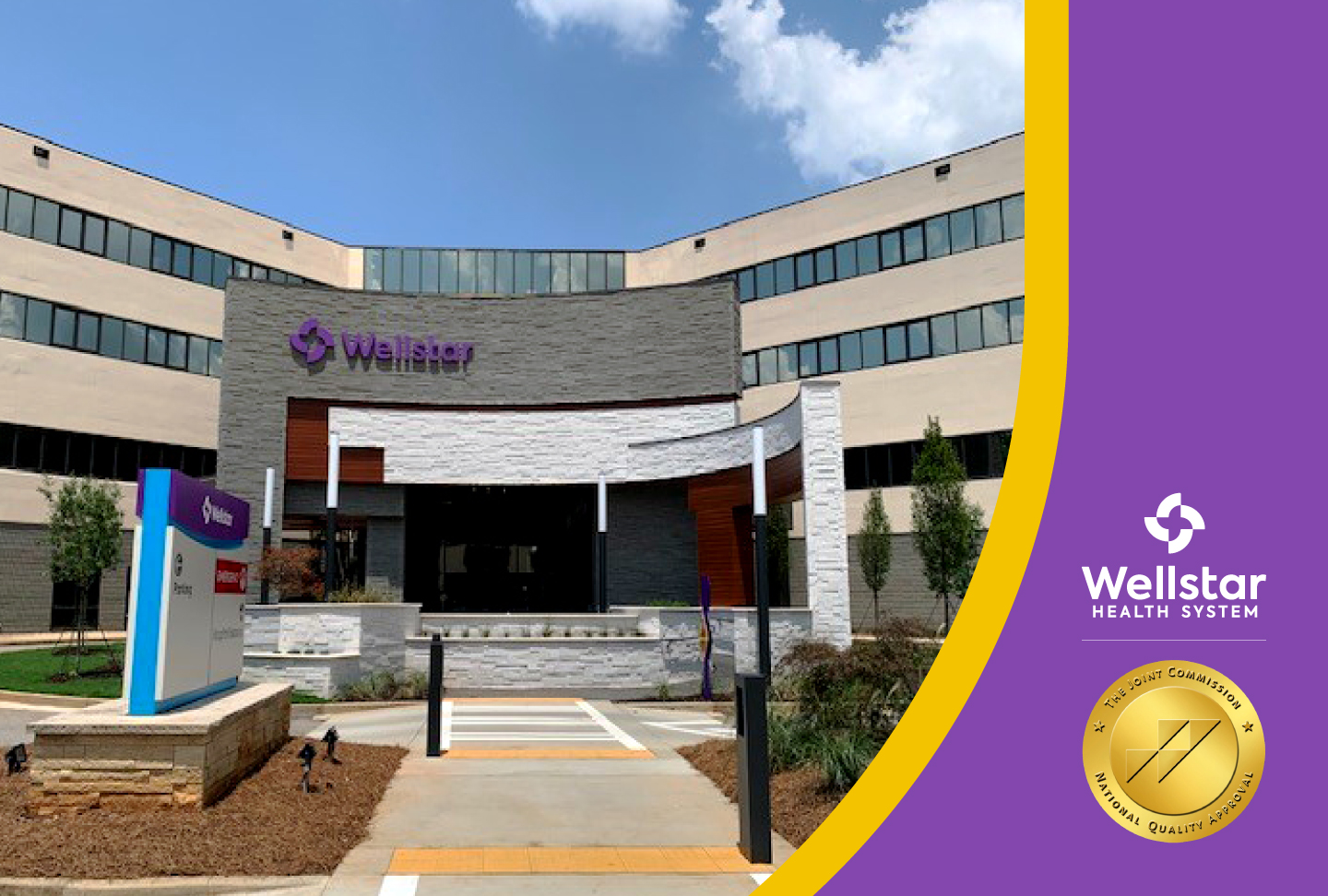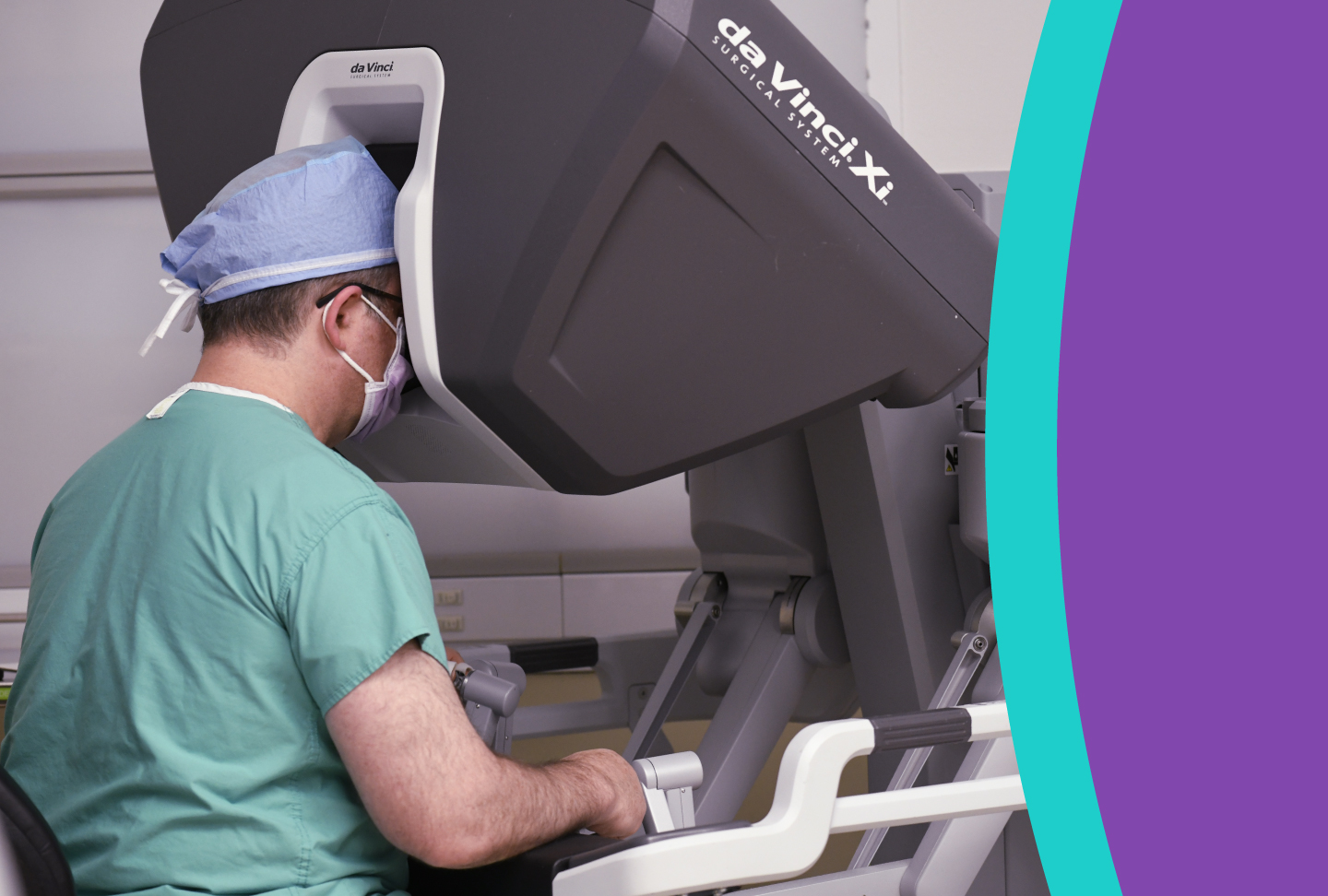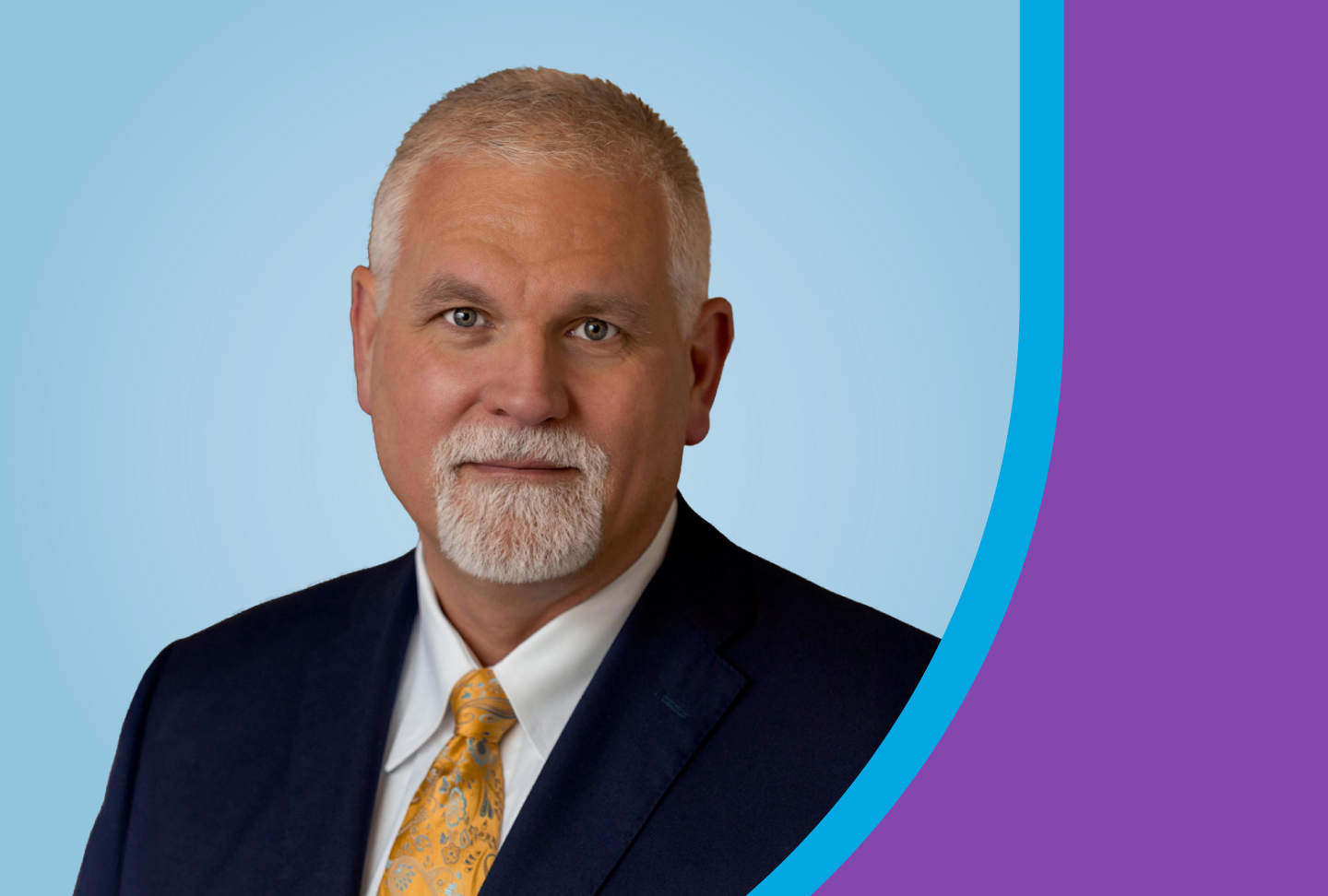Wellstar Health System announced today that The Joint Commission recognized Wellstar North Fulton Medical Center as a Comprehensive Stroke Center, the most demanding stroke certification recognizing hospitals that have specific abilities to receive and treat the most complex stroke cases. With two of the eight Comprehensive Stroke Centers in Georgia, Wellstar Health System now offers stroke patients greater access to the highest level of stroke and aneurysm care. Wellstar Kennestone Regional Medical Center is also Joint Commission certified as a Comprehensive Stroke Center.
“For years, we have provided world-class stroke care for each and every patient when they need it most. This designation represents how hard we have worked to provide the very best quality care for patients in North Fulton County and across Georgia. We’re proud that our work and subsequent positive patient outcomes are being recognized,” said Dr. Michael Mendoza, medical director of the Stroke Program at Wellstar North Fulton.
Wellstar North Fulton’s certification allows more Georgians to have access to the most advance diagnostics and treatments for cerebrovascular disease such as stroke. This is important because Georgia is located in the Stroke Belt, which is comprised of 11 states in the Southeast where the associated mortality rate for stroke patients is 10 percent above the national average.
At Wellstar North Fulton and Wellstar Kennestone, patients have access to advanced diagnostics and therapies to care for even the most complicated strokes faster and more effectively. These include:
- Neuro Intensive Care Units – A multidisciplinary team of physicians and nurses who specialize in neurocritical care.
- Minimally-invasive treatment – Wellstar is one of only four programs in the state that offer neuroendovascular treatment, such as minimally-invasive clot retrieval, patients can be provided with a much less invasive treatment technique.
- Cutting-edge imaging – Neurointerventional biplane imaging shows detailed, 3D views of blood vessels in the brain. This allows neurosurgeons to flip neuroendovascular cases to an open neurosurgical case when needed.
- Pioneering technology – Wellstar North Fulton was among the first hospitals in the country to use the groundbreaking Artemis Neuro Evacuation device to treat brain bleeds, a condition that was nearly impossible to treat in the past.
- Around-the-clock care – Artificial intelligence such as VizAi allows quicker identification of patients who are candidates for thrombectomy and organizes care in a connected system by quicker response to identify and provide care as quickly as possible.
“Our team of neurosurgeons, neurocritical care physicians, neuroradiologists, advanced practice practitioners and nurses work together to perform world-class thrombectomies, aneurysm treatments, carotid surgeries and cerebral bypass procedures so that patients can regain their best quality of life. Additionally, our dedicated hybrid neurovascular suite is equipped with innovative bi-plane technology. This allows neurosurgeons to view highly detailed images of brain vessels, so we as a team can customize treatments in real time,” said Dr. Arthur Grigorian, neurosurgeon, Wellstar North Fulton.
“When you have a stroke, every second counts. Getting fast, expert stroke care can mean the difference between life, death, or lasting brain damage. We are proud to receive this prestigious certification at Wellstar North Fulton, informing the surrounding community that they don’t have to go far to receive the best treatment possible. We will continue to work hard to provide an interdisciplinary, innovative, and compassionate approach to safe and quality comprehensive stroke care to all the communities we serve,” said Jon-Paul Croom, president, Wellstar North Fulton and senior vice president, Wellstar Health System.
Wellstar is a leading provider of stroke and aneurysm services in Georgia and performs one of the highest numbers of thrombectomy and aneurysm treatments in the country. The Joint Commission is a United States-based nonprofit organization that accredits more than 22,000 healthcare organizations and programs.





